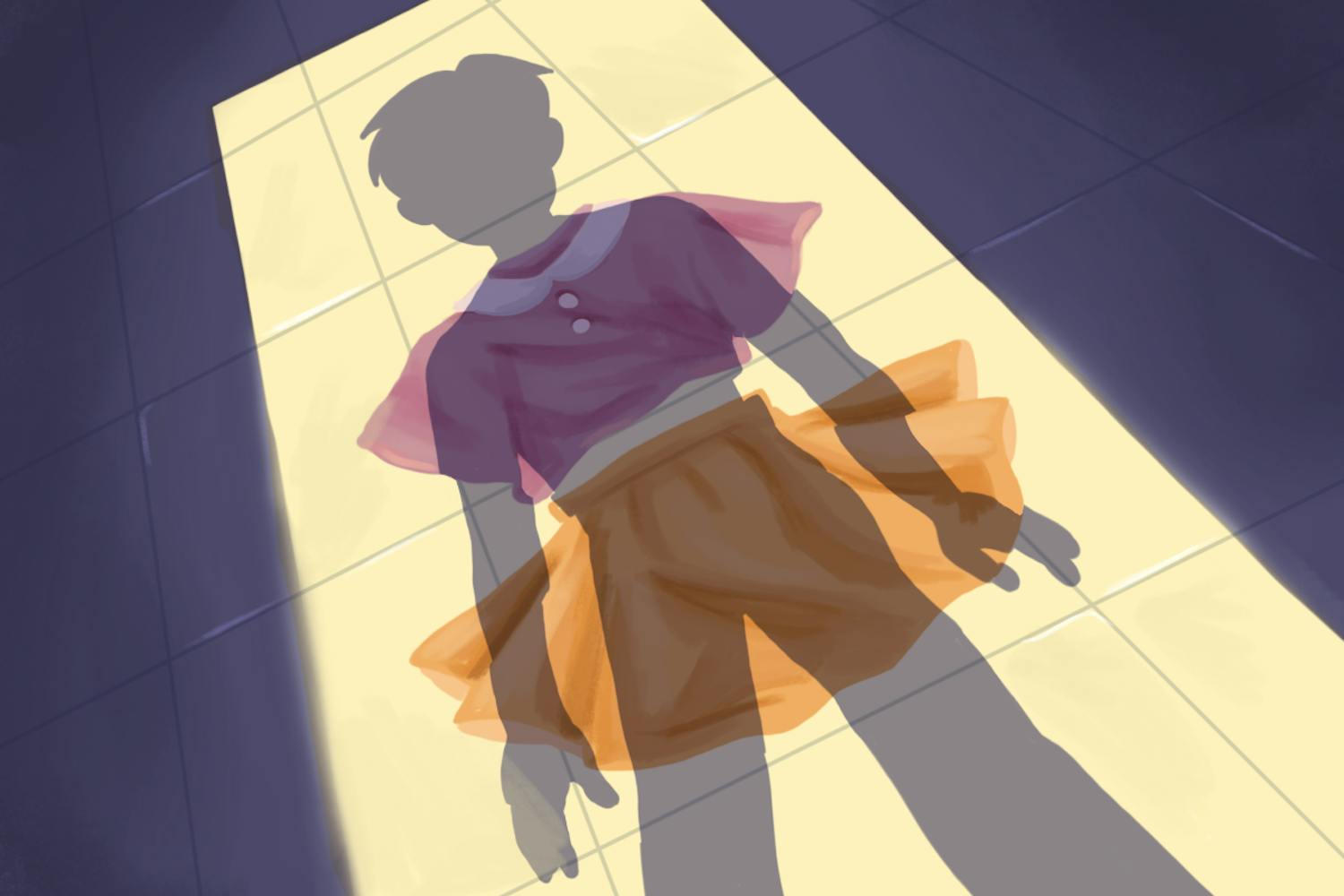Safety is a prevalent and important issue at any university. With ASU's main campus being located in the heart of Tempe and open to the public — excluding dorms and on-campus housing — there are often security concerns for students, especially for women.
It's not uncommon for any woman to have a story about a time they were put in a strange or unsafe situation, whether that was being followed to her car, being looked at oddly on the light rail or being catcalled.
A recent plethora of social media posts from ASU women have detailed alleged trafficking attempts around campus, with women offering warnings and safety tips to other members of the community.
Last year, multiple girls reported a man following them around the Greek Leadership Village and attempting to enter the buildings. ASU's open campus policy allowed the man, who allegedly has a history of criminal behavior on college campuses, to access the property.
READ MORE: Opinion: ASU parking is unsafe for women
"Just being on campus, (things) could happen at any time since we are in an open campus," said Jordyn Dart, a sophomore studying criminology and criminal justice. "It definitely does worry me."
When it comes to being on ASU's campuses at night, many women say they try to avoid being out alone. For graduate student Caitlyn Carreras, she's only on campus around two days per week and only during the day, leading her to feel safe on campus. She also noted that the large groups of students typically present on campus make her feel safer.
However, since 2020, crime in Tempe has felt like it has "gone downhill" and become worse near Mill Avenue, Carreras said.
"I live a little bit farther away from that area now," Carreras said. "So I feel a little bit safer living on the outskirts of the heart of Tempe."
ASU Safety
ASU supplies students with a mobile app called LiveSafe to alert them of any potential danger on or near campus. Reports give information such as the location and type of crime to assist people in staying cautious.
Blue-Light Emergency Call Boxes are also placed throughout campus and its parking lots. These boxes allow students to contact emergency services without reaching for their phones, one of the contacts being the ASU Police Department.
The emergency phone number for the ASU Police Department is 911 and the non-emergency number is 480-965-3456. These numbers can be accessed within the LiveSafe mobile app.
Through the app, students can also contact a safety escort by calling 480-965-1515. All riders need to do is to share their student ID, the number of people for the ride and their location to secure a trip across campus.
These free rides run from 7 p.m. to 1:30 a.m. from Sunday to Thursday and 7 p.m. to 10:30 p.m. on Friday and Saturday. Safety escorts drive to all Tempe facilities and nearby student apartments.
To avoid danger, student drivers who work as safety escorts are put through training to ensure safe transportation in vehicles such as golf carts or vans.
Safety Escorts are typically available to students when they need a ride late at night. However, the service is closed for the rest of the spring semester due to funding struggles. The organization plans to return to its regular hours in the fall.
"I'm worried about the people that come on campus that don't know what they're doing there," said Gabrielle Dyess, a shift lead for Safety Escorts and a senior studying justice studies. "So that can be pretty scary, but overall, with our resources, like ASU PD, we have the helpline, we have Safety Escort. I think ASU is doing a good job trying to minimize any events that may happen."
READ MORE: Policing at ASU: How campus and local police combat concerns on campus
What attracted Dyess to this job was helping keep people protected and being the helping hand to extend a sense of security on campus.
"When I first came to college, I was very scared of being in an open (campus)," Dyess said. "What stood out to me was, 'Oh, it's not someone walking me home.' It's 'I need a ride. I don't feel comfortable walking the mile to my dorm room.'"
Personal safety
Even with ASU's safety options, having personal safety and awareness is a must. Always be mindful of the surroundings and other people’s actions.
According to Dart, there were multiple times when she felt uncomfortable seeing people on campus who "shouldn't be on campus," so she would make sure to walk with friends.
"Make sure to walk with friends at night and try to avoid going out in the city when it's really late, especially if you're by yourself," Dart said.
Additionally, it's important for students to not be on their phones when they're alone or listening to music with both of their earbuds in. Walking at a steady pace and being confident are also significant factors to staying safe when a student might find themselves walking alone.
While these products aren't supplied through ASU, self-defense equipment can also be beneficial for students to have as a precaution.
"A safe haven for me was always pepper spray," Dyess said. "It's just something quick, you can pull it out of your pocket, even if it's in your purse."
Some easy-to-carry protective devices include pepper spray, a stun gun, a Birdie and a knuckle weapon.
"It's just very important to be vigilant of your surroundings," Carreras said.
Edited by Katrina Michalak, Sadie Buggle and Caera Learmonth.
Reach the reporter at sjames51@asu.edu and follow @sennajames_ on X.
Like The State Press on Facebook and follow @statepress on X
Senna James is a Managing Editor at The State Press. She is in her 5th semester with The State Press working previously as Community and Culture Editor and Community and Culture reporter.




